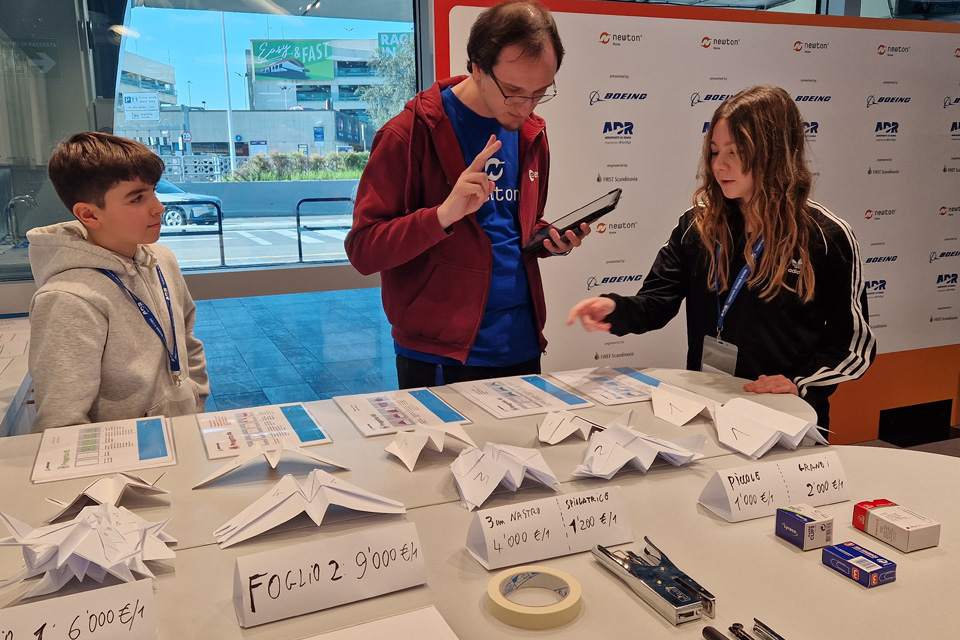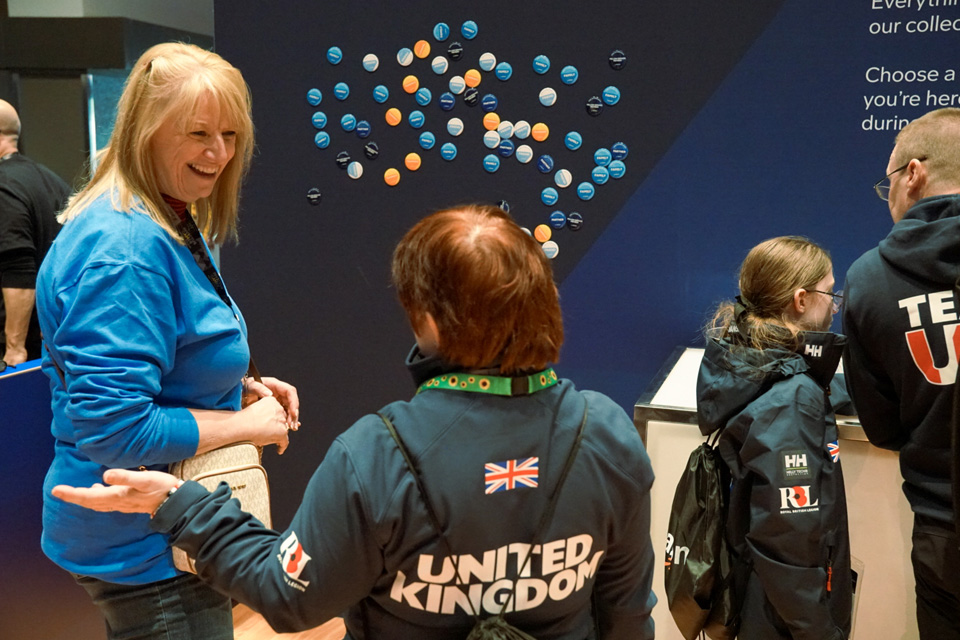Boeing partner breaks down language barriers

Earlier this year, as wildfires burned through parts of California, many immigrants living in affected communities had to navigate language barriers that prevented them from accessing lifesaving safety information like air quality level details and directions on how to respond such as wearing masks and keeping windows closed.
In times of crisis, getting information — and understanding that information — is one of the most important tools for survival. So, imagine what it would be like if your life was in danger and you couldn’t understand the language in which critical information is being distributed. This is a reality for millions of people around the world.
Emily, an International Rescue Committee aid worker in California, recognized the danger and decided to take action. For help, she turned to a translation app called Tarjimly that instantly connects refugees and humanitarians with global volunteer translators in real time.
Through Tarjimly, which offers translation services in more than 120 languages, Emily connected with a translator who spoke Tigrinya, the language of the Eritrean immigrants she was trying to help. The Tarjimly translator served as a conduit, providing language access for Emily and the Eritrean immigrants that they would have otherwise struggled to receive.
To support this important and oftentimes lifesaving work, Boeing has announced a new $100,000 investment in Tarjimly, an award-winning app-based language and translation service, that will help enhance the app user experience and will enable more than 10,000 translator connections for 5,000 refugees in need of critical language support. This increase in real-time support will result in refugees receiving humanitarian services twice as fast.
“Language shouldn't be a reason for denial of service. At Tarjimly, we believe it's a human right to be heard and understood,” said Atif Javed, Tarjimly’s executive director. “We are excited to partner with the Boeing community to democratize language access for displaced persons globally.”
There are 30 million refugees worldwide, and of those, 44% are unable to understand the information they're given or effectively communicate with people trying to help them. Language barriers acutely harm immigrants and refugees by restricting access to support services, which leads to increased isolation, abuse and systemic poverty.
Boeing employees with multi-lingual skills have an opportunity to help, too. Employees who are conversational or fluent in two or more languages may become volunteer translators or interpreters.





